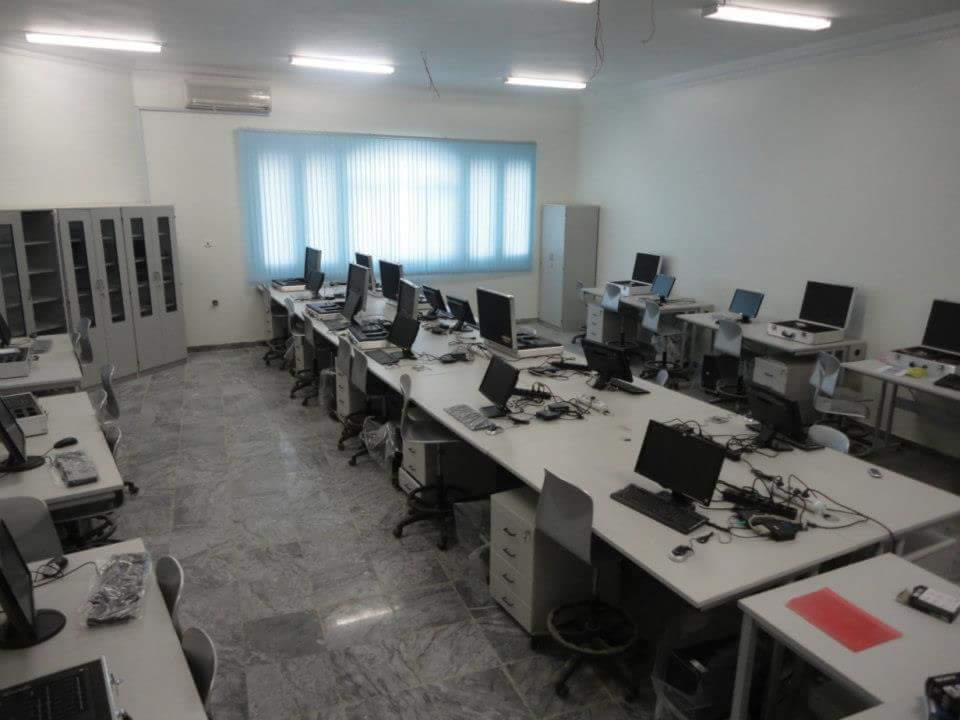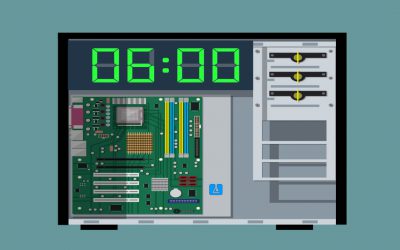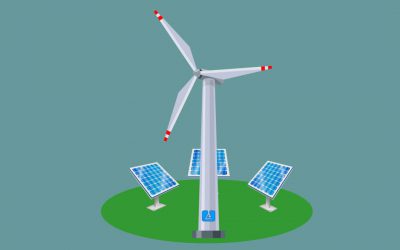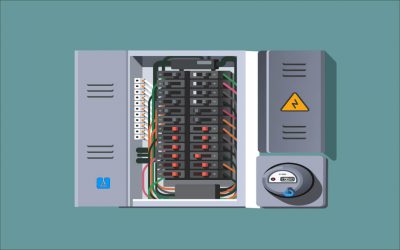We supply this lab with many training system units that cover most of the subject matter in basic electricity, starts with a variety of courses providing in-depth coverage of basic topics related to the field of electrical energy such as AC and DC power circuits, power transformers, rotating machines, AC power transmission lines, industrial controls, power electronics and electromechanical
This lab enables students to apply various experiments and activities in Electric Power Technology, which covers the following topics
- Voltage, Current, and Ohm’s Law
- Equivalent Resistance
- Power in DC Circuits
- Series and Parallel Circuits
- The Sine Wave
- Phase Angle and Phase Shift
- Instantaneous Power and Average Power
- Inductive Reactance
- Capacitive Reactance
- Impedance
- Active and Reactive Power
- Apparent Power and the Power Triangle
- Solving Simple AC Circuits using Circuit Impedance Calculation
- Solving AC Circuits Using the Power Triangle Method
DC Power Electronics
- Voltage, Current, and Ohm’s Law
- Equivalent Resistance
- Power in DC Circuits
- Series and Parallel Circuits
- The Diode and Switching Transistor
- The Buck Chopper
- Introduction to High-Speed Power Switching
- Ripple in Choppers
- The Lead-Acid Battery Charger
- The Boost Chopper
- The Buck/Boost Chopper
- The Four-Quadrant Chopper
Electromechanical
- Voltage, Current, and Ohm’s Law
- Equivalent Resistance
- Power in DC Circuits
- Series and Parallel Circuits
- Prime Mover and Brake Operation
- Permanent Magnet DC Motor Operating as a Generator
- Permanent Magnet DC Motor Operating as a Motor
- The Sine Wave
- Phase Angle and Phase Shift
- Instantaneous Power and Average Power
- Inductive and Capacitive Reactance
- Impedance
- Active and Reactive Power
- Apparent Power and the Power Triangle
- Solving Simple AC Circuits using Circuit Impedance Calculation
- Solving AC Circuits Using the Power Triangle Method
- Voltage and Current Ratios
- Transformer Winding Polarity and Interconnection
- Transformer Losses, Efficiency, and Regulation
- Transformer Rating
- Effect of Frequency on Transformer Rating
- The Autotransformer
- Three-Phase Circuits
- Three-Phase Power Measurement
- Phase Sequence
- Prime Mover and Brake Operation
- The Three-Phase Squirrel Cage Induction Motor
- Eddy-Current Brake and Asynchronous Generator
- The Three-Phase Synchronous Motor
- Synchronous Motor Pull-Out Torque
- Three-Phase Synchronous Generator No-Load Operation
- Voltage-Regulation Characteristics
- Generator Synchronization
- Three-Phase Transformer Configurations
Power Electronics
- DC Power Electronics: Diode, Switching Transistor, High-Speed Switching, Ripples, Battery Charger, Buck and Boost Choppers, Four-Quadrant Chopper
- DC Motor Drives: PWM DC Drive, Unidirectional and Bidirectional PWM DC Drive, Regenerative Braking, Speed Feedback, Current Control
- Single-Phase AC Power Electronics: Diode Rectifiers, PWM Inverter
- Three-Phase AC Power Electronics: Rectifiers, Single-Phase PWM Inverter with Dual Polarity DC Bus, Three-Phase PWM Inverter
- Thyristor Power Electronics: Diode Rectifiers, Solid State Relay, Single and Three AC Power Control, Three-Phase Rectifier/Inverter
- Three-Phase Induction Motor Starters
- Three-Phase Motor Drives: Variable-Frequency, Constant V/f ratio
- Hydropower Electricity Generation (OPTIONAL COURSE): Generator Frequency and Voltage Control, Synchronization, Synchro-Check Relay, Speed and Voltage Regulation, Droop, Load Sharing, Parallel Operation
- High-Voltage DC Transmission Systems (OPTIONAL COURSE
AC Power Transmission
- Three-Phase Circuits
- Three-Phase Power Measurement
- Phase Sequence
- Three-Phase Transformer Configurations
- Voltage Regulation Characteristics
- Voltage Compensation
- Power Transmission Capacity
- Voltage Compensation in Long AC Transmission Lines
- Control of Active and Reactive Power Flow
Smart Grid Technologies
- Stand-Alone Home Energy Production
- The Single-Phase Grid-Tied Inverter (PWM Rectifier/Inverter)
- Grid-Tied Home Energy Production Using a Solar or Wind Power Inverter without DC-to-DC Converter
- Grid-Tied Home Energy Production Using a Solar or Wind Power Inverter with DC-to-DC Converter
- Large-Scale Energy Storage: A Step in the Implementation of the Smart Grid
- Voltage Regulation and Displacement Power Factor (DPF) in Thyristor Three-Phase Bridges
- Basic Operation of HVDC Transmission Systems
- DC Current Regulation and Power Flow Control in HVDC Transmission Systems
- Commutation Failure at the Inverter Bridge
- Harmonic Reduction using Thyristor 12-Pulse Converters
- Main Components of a Static Var Compensator (SVC)
- Voltage Compensation of AC Transmission Lines using an SVC
- Dynamic Power Factor Correction Using an SVC
- Voltage compensation of AC transmission lines using a STATCOM
- Dynamic Power Factor Correction Using a STATCOM
- Voltage Regulation Characteristics
- Voltage Compensation
- Power Transmission Capacity
- Voltage Compensation in Long AC Transmission Lines
- Control of Active and Reactive Power Flow
DFIG Principles
- Three-Phase Wound-Rotor Induction Machine with a Short-Circuited Rotor
- Three-Phase Wound-Rotor Induction Machine with Rotor Resistance
- Three-Phase Wound-Rotor Induction Machine Used as a Synchronous Machine
- Doubly-Fed Induction Motors
- Doubly-Fed Induction Generators



